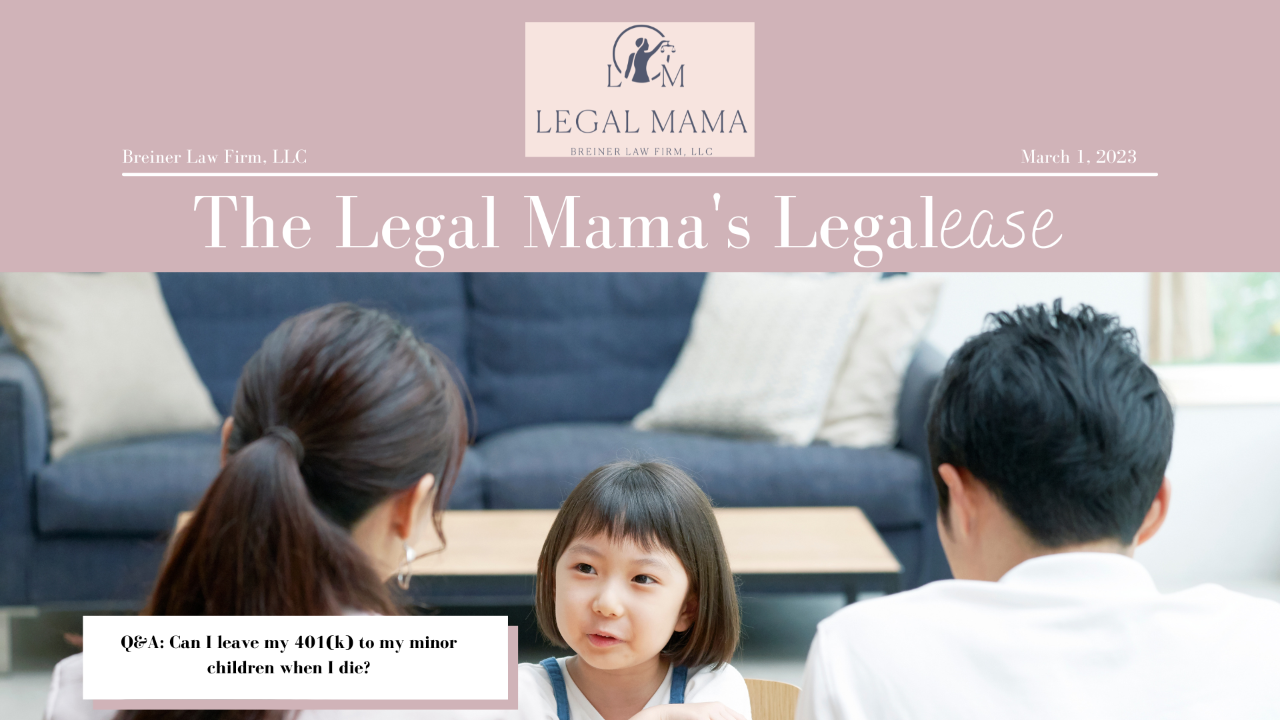What’s new in the blog?
..............
The Valentine's Gift That Truly Matters
Feb 13, 2025
Probate: What It Is & How To Avoid It—Part 2
May 10, 2022
What Happens to Your Facebook Account When You Die?
Dec 22, 2021
Building Family Unity Through Giving
Nov 24, 2021














